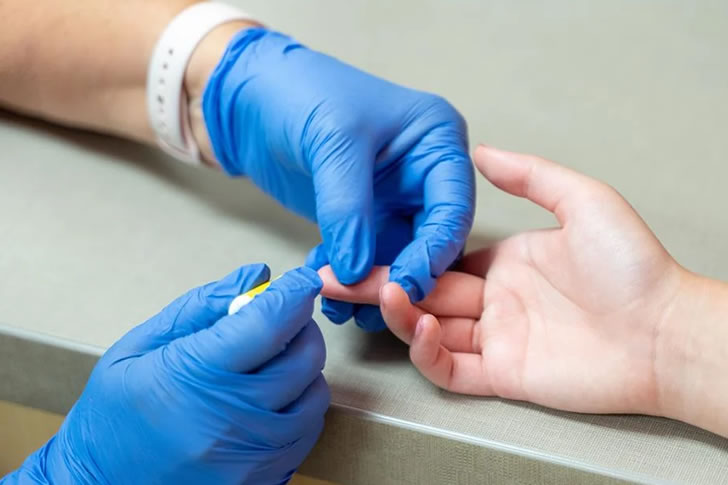How to Get a Quick HIV Test: Steps and Costs
Getting a fast HIV test is crucial for early detection and treatment. This article explores a detailed guide on how to obtain a rapid HIV test, including cost-effective options.

Why Early HIV Testing Matters
Early HIV testing is essential for timely treatment and preventing the spread of the virus. Rapid tests can deliver results within minutes, offering peace of mind and immediate action if needed.
Types of HIV Tests
There are several types of HIV tests available:
1. Rapid Antibody Tests
- Description: These tests detect antibodies produced by the body in response to HIV.
- Time: Results within 20-30 minutes.
- Method: Finger prick or oral swab.
- Price: $20-$40.
2. Rapid Antigen/Antibody Tests
- Description: Detect both HIV antibodies and antigens (part of the virus itself).
- Time: Results within 20 minutes.
- Method: Finger prick.
- Price: $50-$60.
3. Home Testing Kits
- Description: Self-administered tests that can be done at home.
- Time: Results within 20 minutes.
- Method: Oral swab or finger prick.
- Price: $35-$50.
4. Laboratory Tests
- Description: More comprehensive tests conducted in a lab.
- Time: Results within a few days.
- Method: Blood draw.
- Price: $50-$100.
Where to Get a Fast HIV Test
Here are some options for obtaining a rapid HIV test:
1. Community Health Centers
- Services: Offer free or low-cost rapid HIV testing.
- Price: Often free or minimal cost.
2. Pharmacies
- Services: Many pharmacies offer rapid HIV tests.
- Price: $20-$50.
3. Online Purchase
- Services: Buy home testing kits online.
- Price: $35-$50.
4. Planned Parenthood
- Services: Provides confidential HIV testing.
- Price: Sliding scale fees based on income.
5. Local Health Departments
- Services: Often provide free or low-cost testing.
- Price: Often free.
Steps to Get a Fast HIV Test
1. Identify a Testing Location
- Research local clinics, pharmacies, or online retailers.
- Check availability and cost.
2. Prepare for the Test
- No special preparation is needed.
- Bring identification and, if applicable, insurance information.
3. Take the Test
- Follow instructions carefully if using a home kit.
- If at a clinic, a healthcare professional will guide you.
4. Get the Results
- For rapid tests, results are available within 20-30 minutes.
- For home kits, follow the instructions for reading results.
Understanding the Costs
Here are some examples of the costs associated with fast HIV tests:
1. OraQuick In-Home HIV Test
- Price: $35-$40.
- Availability: Online and in pharmacies.
2. Everlywell HIV Test
- Price: $49.
- Availability: Online, includes lab processing.
3. CVS Health At Home HIV Test
- Price: $45.
- Availability: CVS pharmacies and online.
4. Local Health Departments
- Price: Often free or low-cost.
- Example: New York City Department of Health offers free rapid HIV testing.
Importance of Follow-Up Testing
If you test positive, it’s important to follow up with a healthcare provider for confirmatory testing and to discuss treatment options. Even if the rapid test is negative, regular testing is recommended for those at high risk.
Insurance and HIV Testing
Many insurance plans cover HIV testing. Check with your provider to understand coverage and any out-of-pocket costs. Some community health centers offer sliding scale fees based on income, making testing more accessible.
Conclusion
Rapid HIV testing is an essential tool for early detection and treatment. By understanding the types of tests available and where to get them, you can make informed decisions about your health. Affordable options like community health centers and online kits make testing accessible to everyone. Always follow up with a healthcare provider if you test positive, and continue regular testing if you are at risk.







Recent Comments